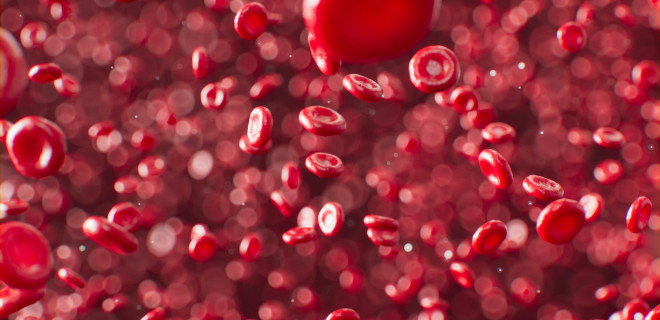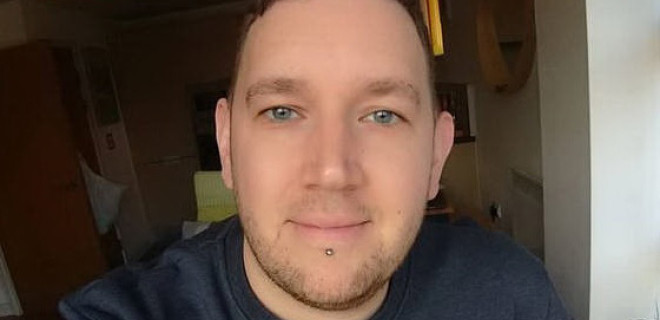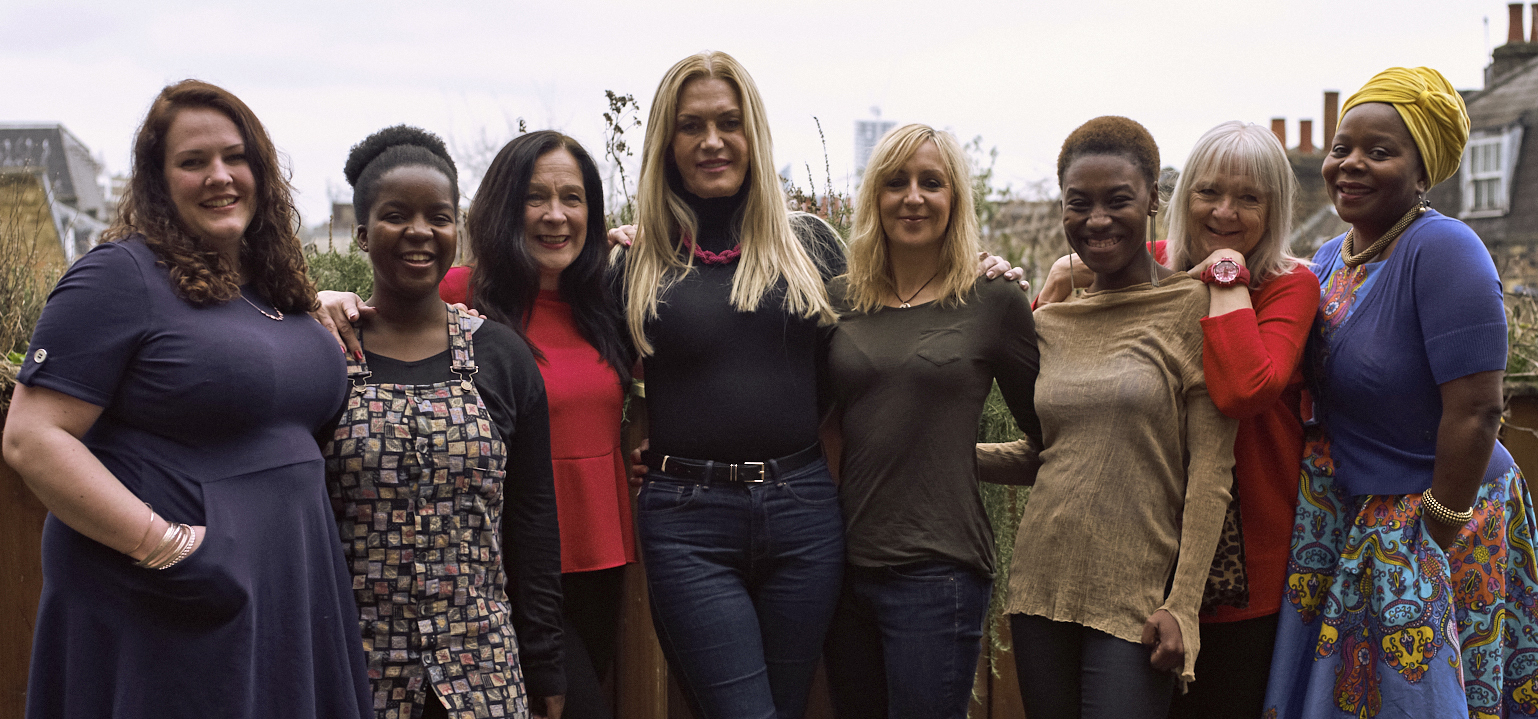
International Women’s Day is a chance to celebrate the achievements of women as well as being a reminder of the work that still needs to be done to advance equality.
Ever since the first cases of HIV in the 1980s, women have been an integral part of the fight for progress around HIV. Terrence Higgins Trust is indebted to the doctors, nurses, activists, friends, buddies, and every woman who has fought to get us where we are today. That includes the women who worked tirelessly for PrEP access in the UK and beyond.
Terrence Higgins Trust was so proud to support the production of Our Stories Told By Us — a celebration of the invaluable contributions of Africans living with HIV in the UK. Led by Black women, this pivotal book commemorates 40 years of the African community's resilience, strength and leadership in the HIV response. Black women of African ethnicity are one of the groups most affected by HIV in the UK, but their voices and experiences historically have been underrepresented. We are so glad to have played a small part in this book and applaud the amazing women who spearheaded this important book - Be sure to buy a copy.
This is a historic time for Terrence Higgins Trust as we work towards the goal of ending new HIV cases by 2030 – but we won’t achieve this if we don’t bring everyone along with us. Women make up around one third of people living with HIV in the UK and one quarter of all new HIV diagnoses – and yet they are too often overlooked when it comes to HIV.
The expansion of opt-out HIV testing was a significant step in addressing inequalities, with those diagnosed in A&E more likely to be of Black ethnicity, women and older people. This will change the lives of so many women who can now access life-saving treatment – but we can’t stop here. Because while opt-out is a success story, progress isn’t rapid enough nor being felt equally by women.
No one should leave a sexual health clinic without having a HIV test, but worryingly this is happening far too often. In 2022, 40% of women attending sexual health services were not offered an HIV test compared to 27% of heterosexual men and 23% of gay and bisexual men.
We also know that women are far more likely to be diagnosed with HIV late with half (49%) of women in 2022 being diagnosed at a late stage, meaning damage to the immune system may have already begun.
If women are not being tested for HIV in Sexual and Reproductive Health Services, it is no wonder that women are still not always seeing themselves represented in conversations around HIV including PrEP. The HIV prevention pill is highly effective and a crucial piece of the puzzle in ending HIV transmissions. But many women who could benefit from PrEP just don’t know it exists, let alone able to access it.
For National HIV Testing Week, Becky and Akhona, who are both living with HIV, shared their experience to raise awareness and to let other women living with HIV know they are not alone.
Becky was diagnosed with HIV in 2015 after a sexual health check-up.
Speaking about her diagnosis, Becky said she had “no awareness of HIV today. All I knew was what I was taught at school, which was that it kills you.”
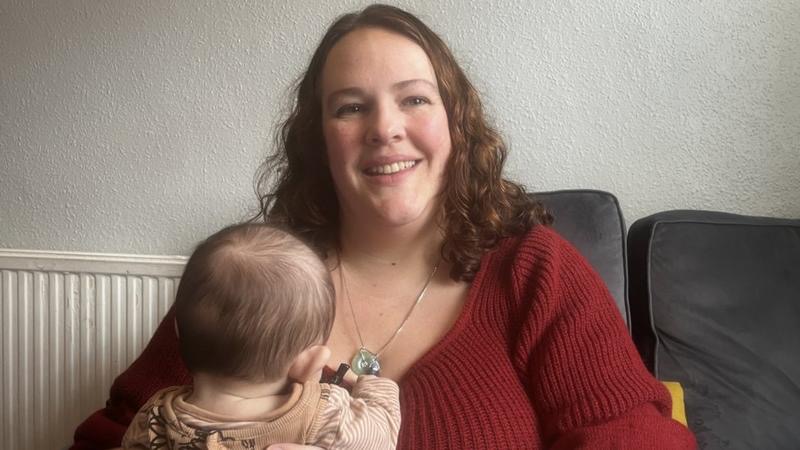
Photo: BBC/Larissa Taro
Thanks to incredible progress around medication, Becky lives a healthy and fulfilling life with her baby who is free from HIV. Treatment works by reducing the amount of HIV in the blood to undetectable levels, which means it cannot be passed on. Becky’s message to everyone is to test, because the quicker someone is diagnosed, the less likely it is that they will develop serious health complications.
Akhona was diagnosed with HIV in 2016.
Thanks to effective treatment, she Can’t Pass It On. "The only time I deal with HIV is when I take my medication and when other people remind me that I have it,” said Akhona.
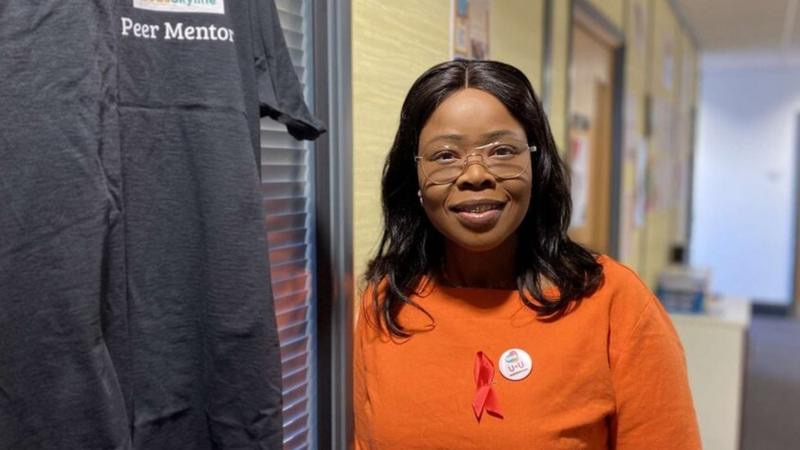
Photo: BBC/Larissa Taro
But like many people living with HIV across the UK, she has experienced stigma and discrimination. Her former housemates asked her to eat from different tableware and use a different fridge because they were scared about HIV transmission, despite the fact that HIV has never been passed on this way.
Akhona knew this stigma came from outdated knowledge, which motivated her to become an HIV advocate, delivering talks to audiences across the UK to raise awareness and tackle the stigma associated with the virus.
It is not good enough that women are being left behind in the progress made against HIV. That’s why on International Women’s Day, and every day, we are grateful to the women - those living with HIV, those activists and community champions, those who are clinicians and health staff delivering frontline services, those researchers and epidemiologists, politicians and councillors who are all standing up and leading the way.

